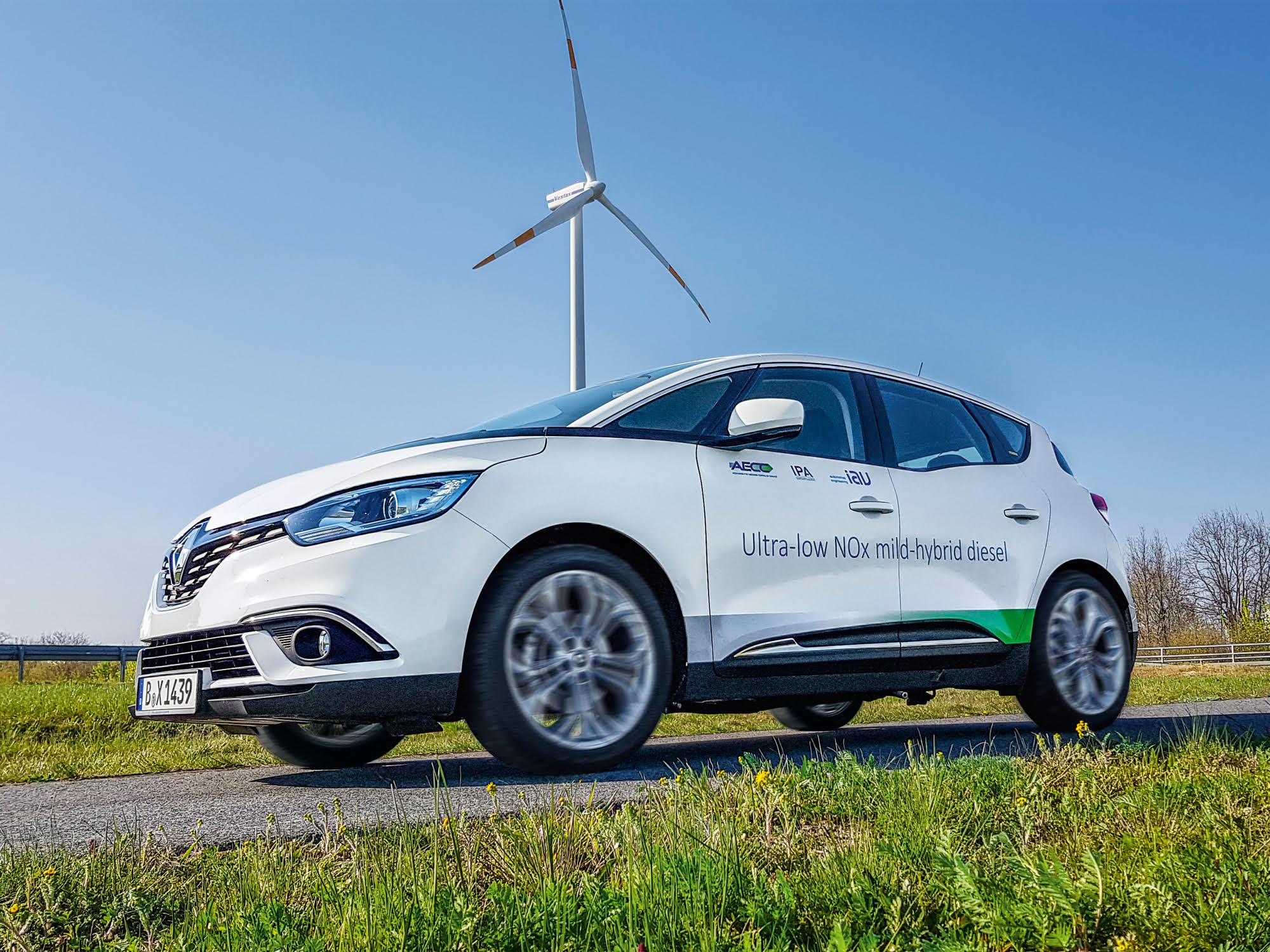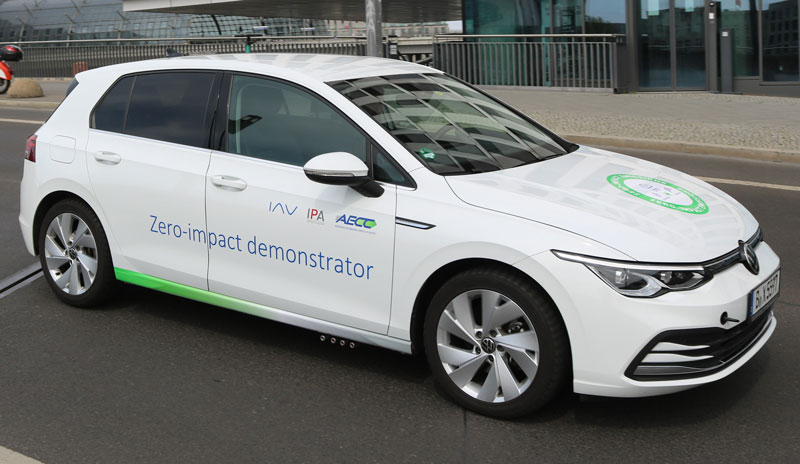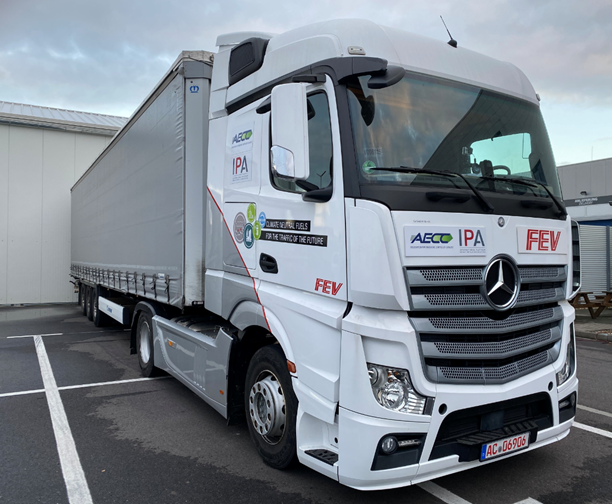AECC key messages on Euro 7
AECC supports an ambitious proposal for future Euro 7 emission legislation for light- and heavy-duty vehicles to further decrease road traffic pollutant emissions with advanced emission control systems.
Euro 7 should embrace an all-inclusive strategy in a technology- and fuel-neutral context, ensuring all powertrain technologies contribute to the EU’s Green Deal long-term goals.
A holistic approach to control pollutant emissions over the lifetime of the vehicle is needed. A ‘total system approach’ considering the vehicle as a single system and not focusing on single vehicle components is required.
AECC has completed three demonstration programmes showing how emission control technologies achieve ultra-low pollutant emissions. Selected material on the demo programmes can be found here: light-duty diesel, light-duty gasoline and heavy-duty diesel.
AECC has also published Euro 7 position, a technical note and a Euro 7 factsheet with supporting evidence.
You can find more about each vehicle demonstration programme by accessing
Light-duty diesel

Light-duty gasoline

Heavy-duty diesel

State-of-play of Euro 7
The European Commission Euro 7 proposal was published on 10 November 2022.
On 18 December 2023, the European Parliament and Council reached a provisional agreement on the new rules. Parliament and Council need to formally approve the agreement before it can enter into force. The European Commission then also needs to develop secondary legislation.